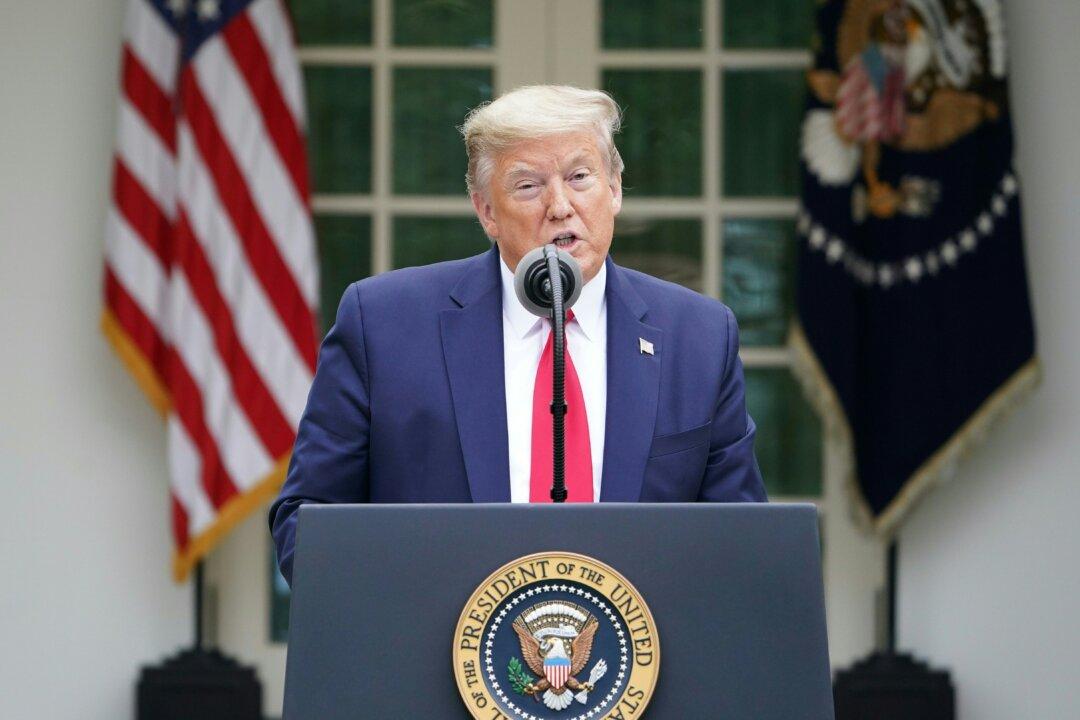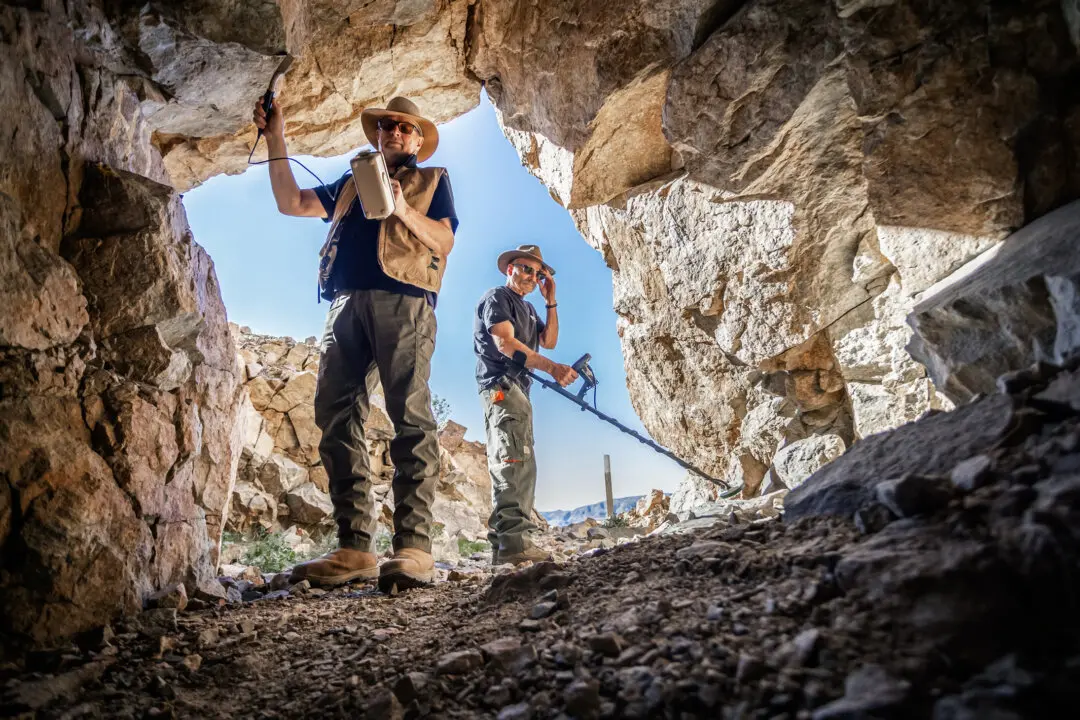Despite claims by both Democrats and Republicans that a global pandemic is no time for partisan bickering, tensions boiling under the surface have erupted into a political tug-of-war between President Donald Trump and the governors of ten—mostly blue—states.
The governors are resisting Trump’s assertion that, as president, he has “total” authority over the decision of how and when to lift stay-at-home orders and reopen the U.S. economy.





